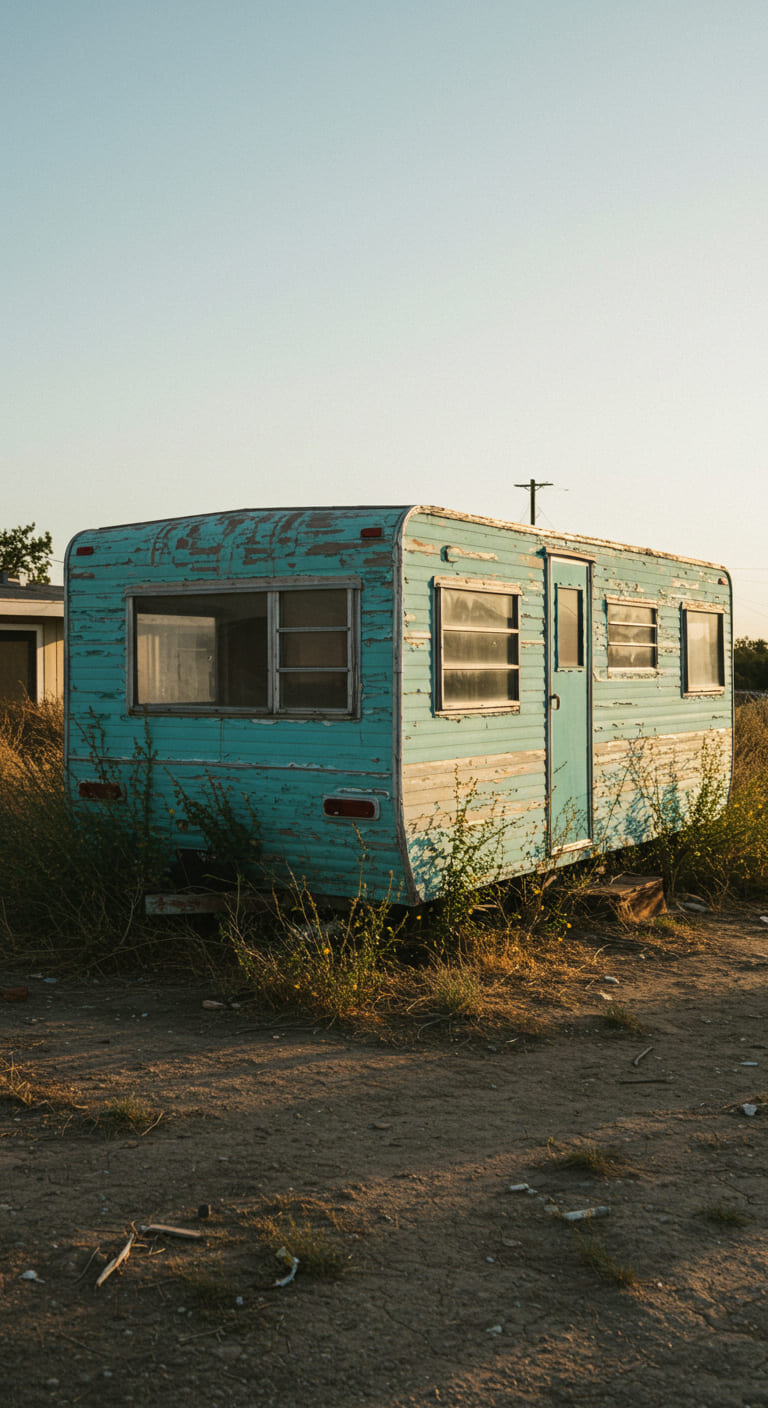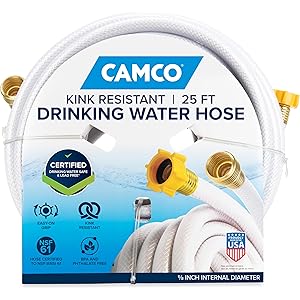As I embarked on my journey to explore the fascinating world of housing, I stumbled upon modular homes—a concept that has transformed the way we think about construction and sustainability. In this article, I will delve deep into what modular homes are, the myriad benefits they offer, and how they contribute to the sustainable living revolution. Join me as we unravel the layers of this innovative housing solution!
Understanding Modular Homes
At its core, a modular home is a structure that is built off-site in a factory setting and then transported to its permanent location for assembly. This method of construction differs significantly from traditional homes, which are built entirely on-site. In my exploration, I discovered that modular homes are not only constructed with precision but also adhere to the same building codes and standards as conventional homes.
The Construction Process
The modular construction process involves several key steps:
- Design and Planning: Modular homes can be customized to fit the buyer’s needs, offering various floor plans and design options.
- Factory Construction: The home is built in sections (modules) in a controlled environment, which reduces waste and increases efficiency.
- Transportation: Once completed, these modules are transported to the building site.
- Assembly on Site: Finally, the modules are assembled and connected to utilities, completing the home.
This streamlined process not only saves time but also enhances quality control, as each module is built under the watchful eye of skilled professionals.
Benefits of Modular Homes
Upon further investigation, I found that modular homes come with a host of benefits that make them an attractive housing option. Here are some of the most compelling advantages:
1. Speed of Construction
One of the standout benefits of modular homes is their speed of construction. While traditional homes may take several months to build, modular homes can be completed in a fraction of that time—often within a few weeks. This quick turnaround is particularly beneficial for those in urgent need of housing.
2. Cost-Effectiveness
From my research, I learned that modular homes tend to be more cost-effective than traditional homes. The factory setting allows for bulk purchasing of materials and efficient labor practices, which can significantly reduce construction costs. Additionally, homeowners may save on financing costs due to the shorter construction timeline.
3. Energy Efficiency
Modular homes are designed with energy efficiency in mind. Many builders incorporate eco-friendly materials and energy-efficient appliances, which can lead to lower utility bills. According to the U.S. Department of Energy, modular homes can achieve energy savings of up to 30% compared to traditional homes.
4. Sustainability
As someone passionate about the environment, I was particularly drawn to the sustainable aspects of modular homes. The factory construction process minimizes waste, and many modular homes are built using sustainable materials. Furthermore, the ability to transport homes to various locations allows for less disruption to the natural landscape.
5. Customization Options
Modular homes are not one-size-fits-all; they can be highly customized to reflect individual tastes and preferences. Homebuyers can choose from a variety of layouts, finishes, and features, creating a unique living space that truly feels like home.
6. Quality Control
Building in a controlled environment means that modular homes undergo rigorous quality checks throughout the construction process. This attention to detail ensures that homes are built to high standards, often resulting in fewer defects compared to traditional homes.
Real-Life Examples and Case Studies
To better illustrate the benefits of modular homes, let’s take a look at some real-life examples and case studies:
Case Study 1: The Eco-Friendly Modular Home
In 2019, a family in California decided to build a modular home as part of their commitment to sustainability. They chose a company that specialized in eco-friendly materials and energy-efficient designs. The result was a stunning home that not only met their aesthetic desires but also reduced their energy consumption by 40% compared to their previous residence. This family serves as a testament to how modular homes can align with sustainable living goals.
Case Study 2: Affordable Housing Solutions
In the wake of natural disasters, modular homes have been utilized as rapid response solutions for displaced families. For instance, after Hurricane Katrina, modular homes were deployed in New Orleans to provide immediate shelter. These homes were constructed quickly and efficiently, allowing families to return to some semblance of normalcy in a fraction of the time that traditional construction would have taken.
Joining the Sustainable Living Revolution
As I pondered the benefits of modular homes, it became clear that they are more than just a housing solution; they represent a shift towards sustainable living. By choosing modular homes, individuals can make a conscious decision to reduce their environmental footprint while enjoying the advantages of modern construction.
How to Get Started
If you’re considering joining the sustainable living revolution through modular homes, here are some steps to guide you:
- Research Builders: Look for reputable modular home builders in your area who specialize in sustainable practices.
- Explore Design Options: Take the time to explore different floor plans and customization options that align with your vision.
- Understand the Cost: Get a clear understanding of the costs involved, including land, permits, and financing options.
- Visit Completed Homes: If possible, visit completed modular homes to get a feel for the quality and design.
Frequently Asked Questions (FAQs)
What is the difference between modular homes and mobile homes?
Modular homes are built to the same building codes as traditional homes and are typically placed on a permanent foundation. In contrast, mobile homes are built to different standards and can be moved more easily.
Are modular homes eco-friendly?
Yes, many modular homes are designed with sustainability in mind, utilizing eco-friendly materials and energy-efficient appliances to reduce their environmental impact.
Can I customize my modular home?
Absolutely! Modular homes offer a variety of customization options, allowing you to choose the layout, finishes, and features that suit your personal style.
How long does it take to build a modular home?
The timeline for building a modular home can vary, but it typically takes between 6 to 12 weeks, depending on the complexity of the design and site preparation.
Conclusion
In conclusion, modular homes represent a revolutionary approach to housing that aligns with the principles of sustainability, efficiency, and quality. Through my exploration, I have come to appreciate the numerous benefits they offer, from speed and cost-effectiveness to customization and eco-friendliness. If you are considering a move towards sustainable living, I encourage you to explore the world of modular homes and see how they can fit into your life.
As we collectively strive for a more sustainable future, modular homes stand out as a viable and attractive option. Let’s embrace this change and contribute to a greener planet, one home at a time. If you found this article informative and inspiring, I invite you to sign up for our newsletter for more insights and share this with your friends and on social media!
Camco TastePURE 25-Ft Water Hose - RV Drinking Water Hose Contains No Lead, No BPA & No Phthalate - Features Diamond-Hatch Reinforced PVC Design - 5/8” Inside Diameter, Made in the USA (22783)
$13.78 (as of November 13, 2025 07:53 GMT -03:00 - More infoProduct prices and availability are accurate as of the date/time indicated and are subject to change. Any price and availability information displayed on [relevant Amazon Site(s), as applicable] at the time of purchase will apply to the purchase of this product.)
Sign up for our newsletter and stay up to date with exclusive news
that can transform your routine!





